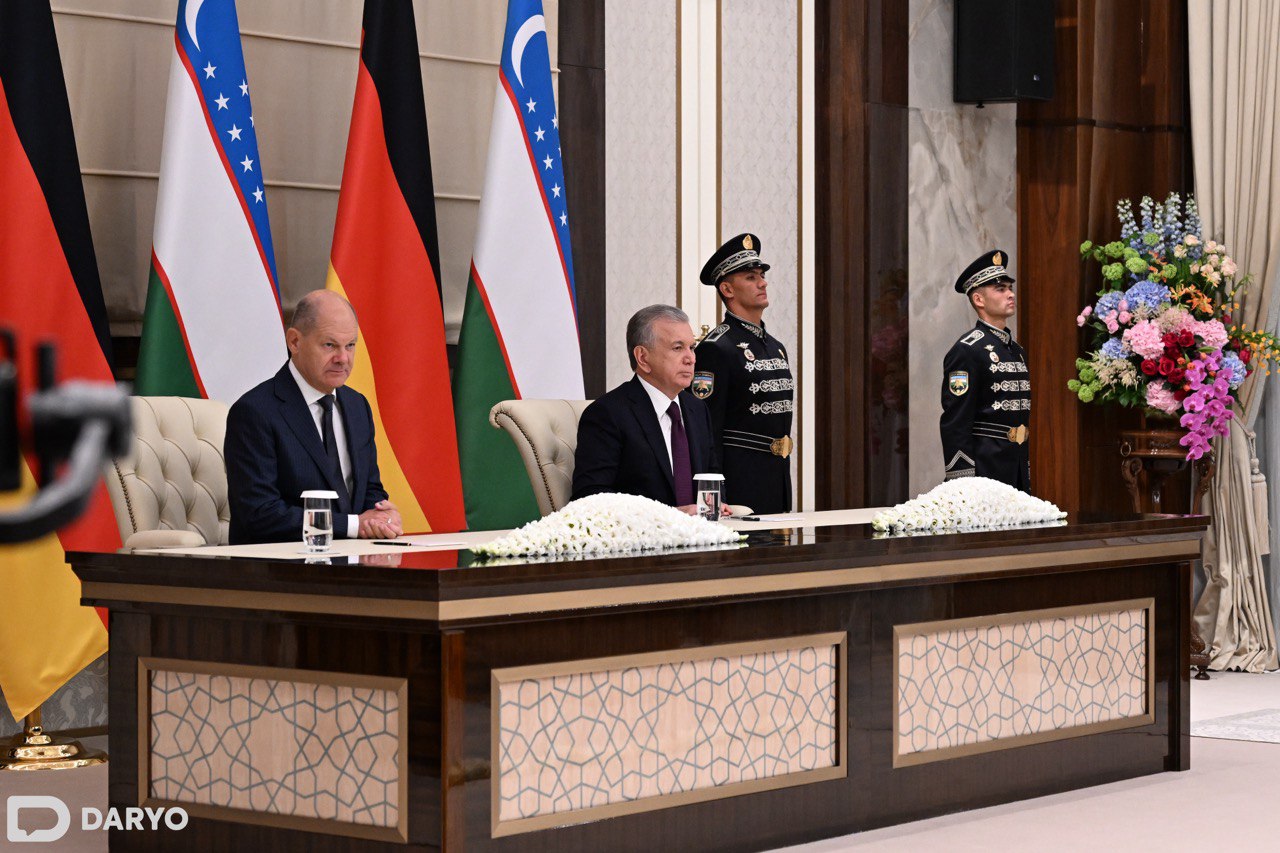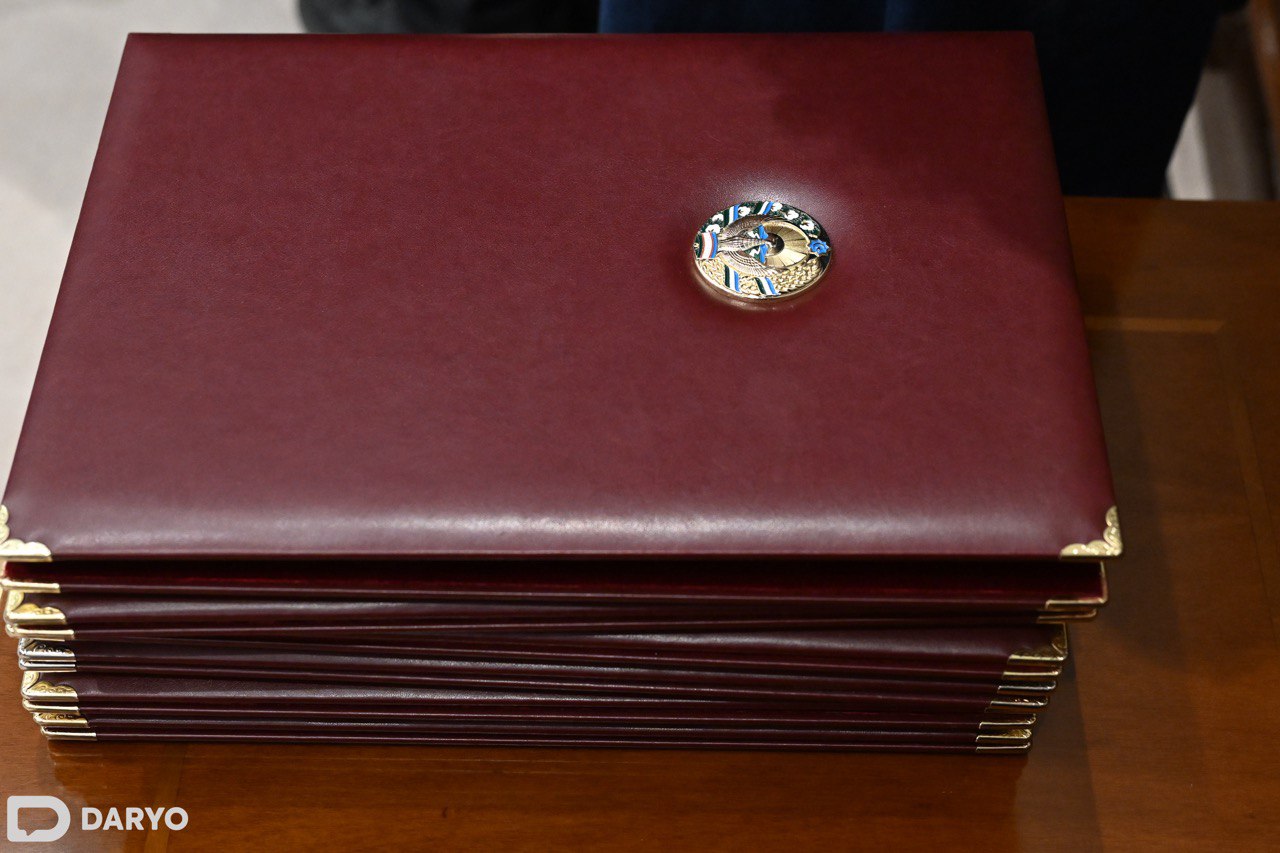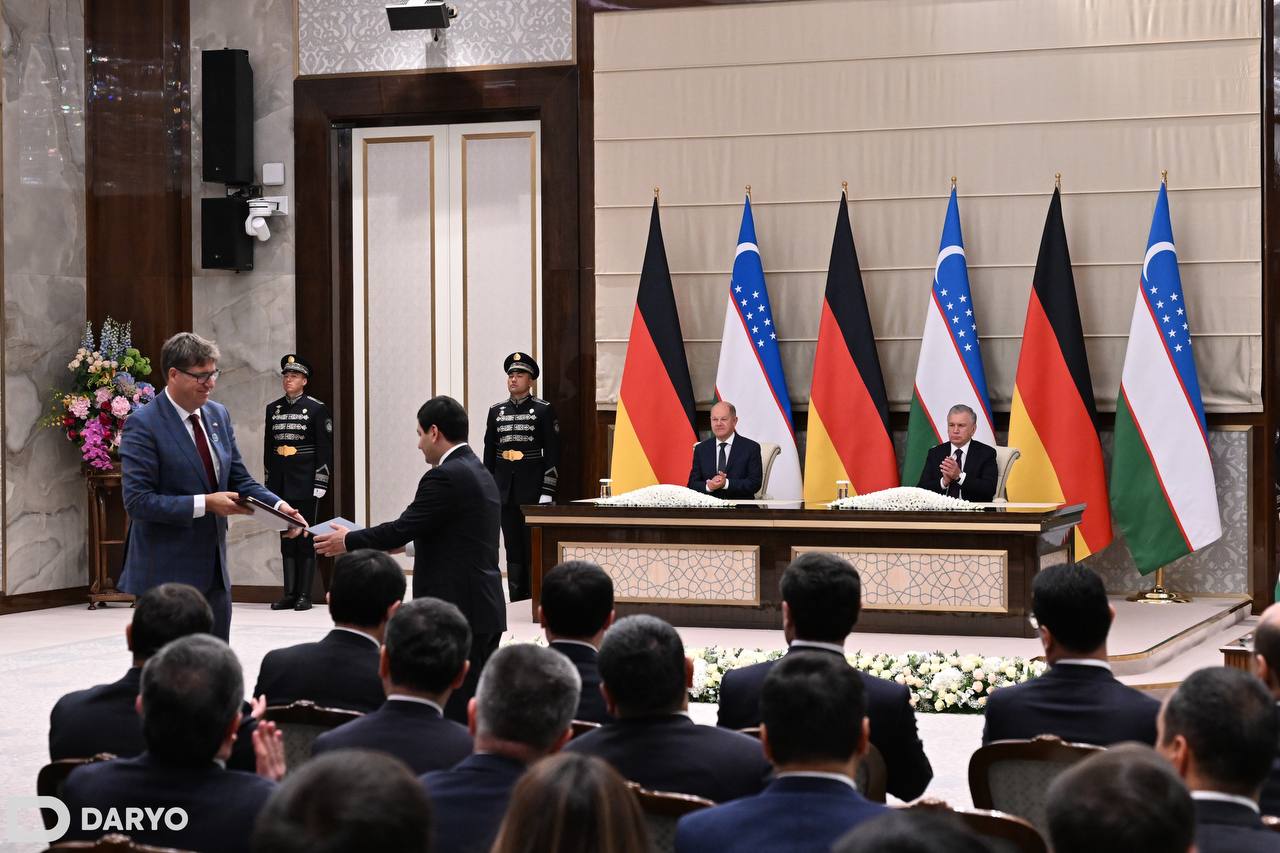German Chancellor Olaf Scholz arrived in Uzbekistan's Samarkand on September 15, for the first leg of a three-day diplomatic tour in Central Asia, which includes Kazakhstan. The trip underscores Germany’s efforts to strengthen ties with the region, particularly in light of its geopolitical significance involving Russia and China.

During Scholz’s discussions with Uzbekistan's President Shavkat Mirziyoyev, the two leaders signed eight important bilateral agreements, emphasizing migration, economic cooperation, and sustainable development.
Key agreements signed
1. Migration and mobility partnership
A comprehensive intergovernmental agreement was signed to facilitate the migration of skilled workers from Uzbekistan to Germany. This partnership also includes provisions for the return of individuals required to leave Germany, with Uzbekistan serving as a transit route for rejected Afghan asylum-seekers.
2. Veterinary and livestock cooperation
Both countries agreed to enhance collaboration in veterinary medicine and livestock development through a government-to-government declaration.
3. Sustainable water resource management
In line with the "Green Central Asia" initiative, an agreement was reached to cooperate in the sustainable use of water resources, a critical issue for the region's environmental stability.
4. Critical minerals partnership
Germany and Uzbekistan signed a declaration on cooperation in critical minerals, highlighting Uzbekistan’s potential as a key source of rare and valuable resources crucial to various industries.
5. Transport cooperation
An agreement was signed to bolster transport links between the two nations, facilitating trade and improving logistical connectivity.
6. Climate change cooperation
A memorandum was signed on addressing climate change, focusing on joint efforts under the Paris Agreement to reduce emissions and promote sustainable practices.
7. Technological partnership
A new program for technological partnership and industrial cooperation was adopted, outlining the collaboration framework for 2024-2026.
8. Business agreements
A series of business contracts and agreements were concluded between leading enterprises from both Germany and Uzbekistan, further deepening commercial ties.

Migration remains a key issue on Scholz’s agenda, with Germany seeking to address labour shortages by creating opportunities for skilled workers from Uzbekistan.
Scholz's visit to Central Asia also includes a summit in Kazakhstan on September 15-16, where he will meet with the leaders of all five Central Asian nations—Uzbekistan, Kazakhstan, Kyrgyzstan, Tajikistan, and Turkmenistan. This regional gathering will focus on enhancing economic partnerships, and energy cooperation, and addressing sanctions imposed on Russia due to its conflict with Ukraine.
Germany has established a strategic partnership with Central Asia, focusing on energy, environmental sustainability, and climate change. Talks in Kazakhstan are expected to centre on oil and gas supplies, with particular attention to Kazakhstan’s role in the region's energy markets.

While in Samarkand, Scholz also took part in cultural engagements, visiting historical sites like the Registan public square and the Tilla-Kari mosque, further highlighting Germany’s interest in maintaining cultural diplomacy alongside economic and political cooperation.
Scholz's visit to Uzbekistan and Kazakhstan signals Germany's intent to deepen ties with Central Asia, a region of increasing strategic importance.
Follow Daryo's official Instagram and Twitter pages to keep current on world news.
Comments (0)